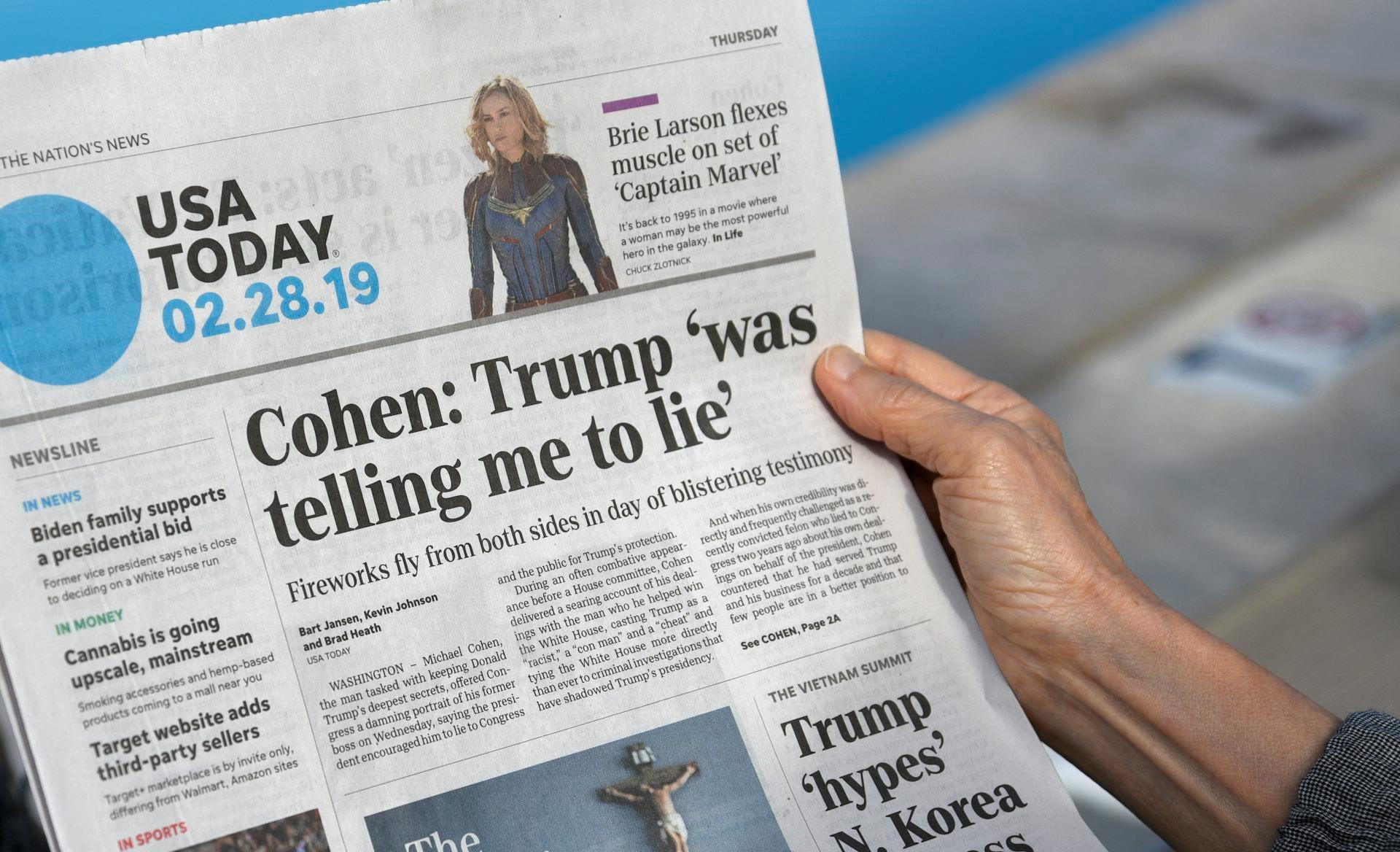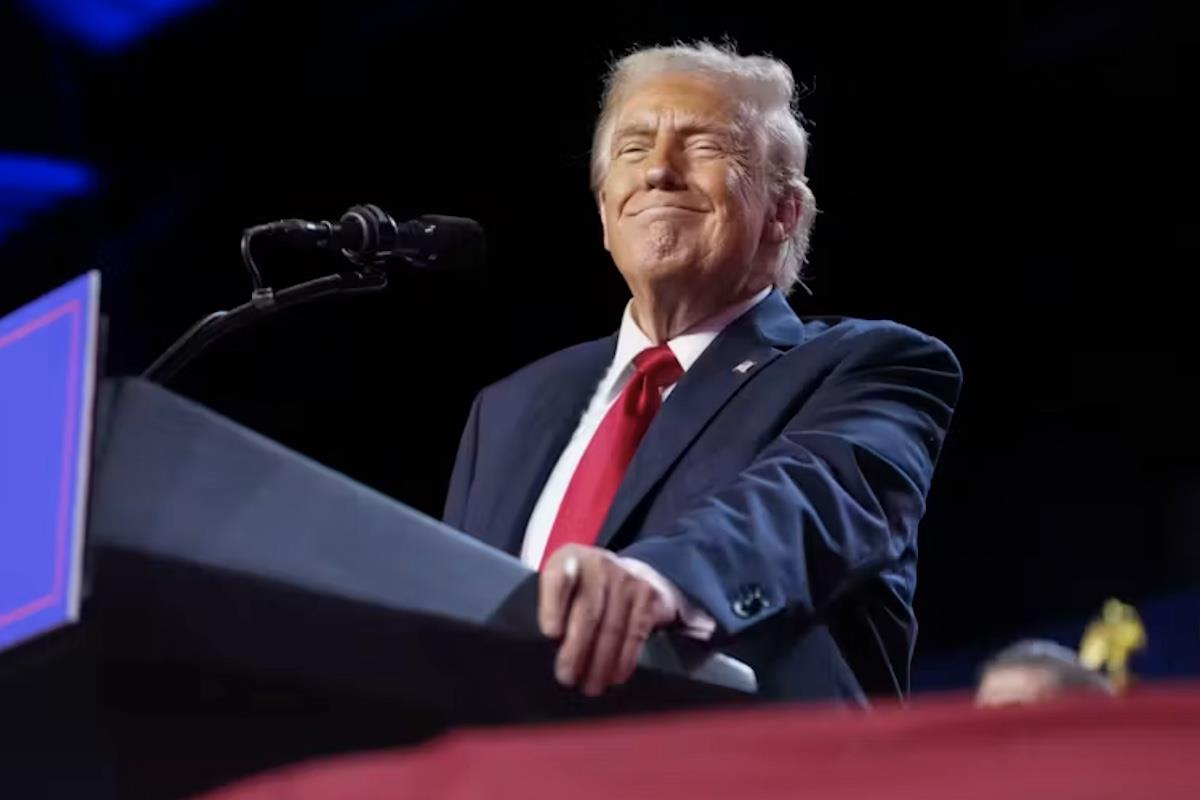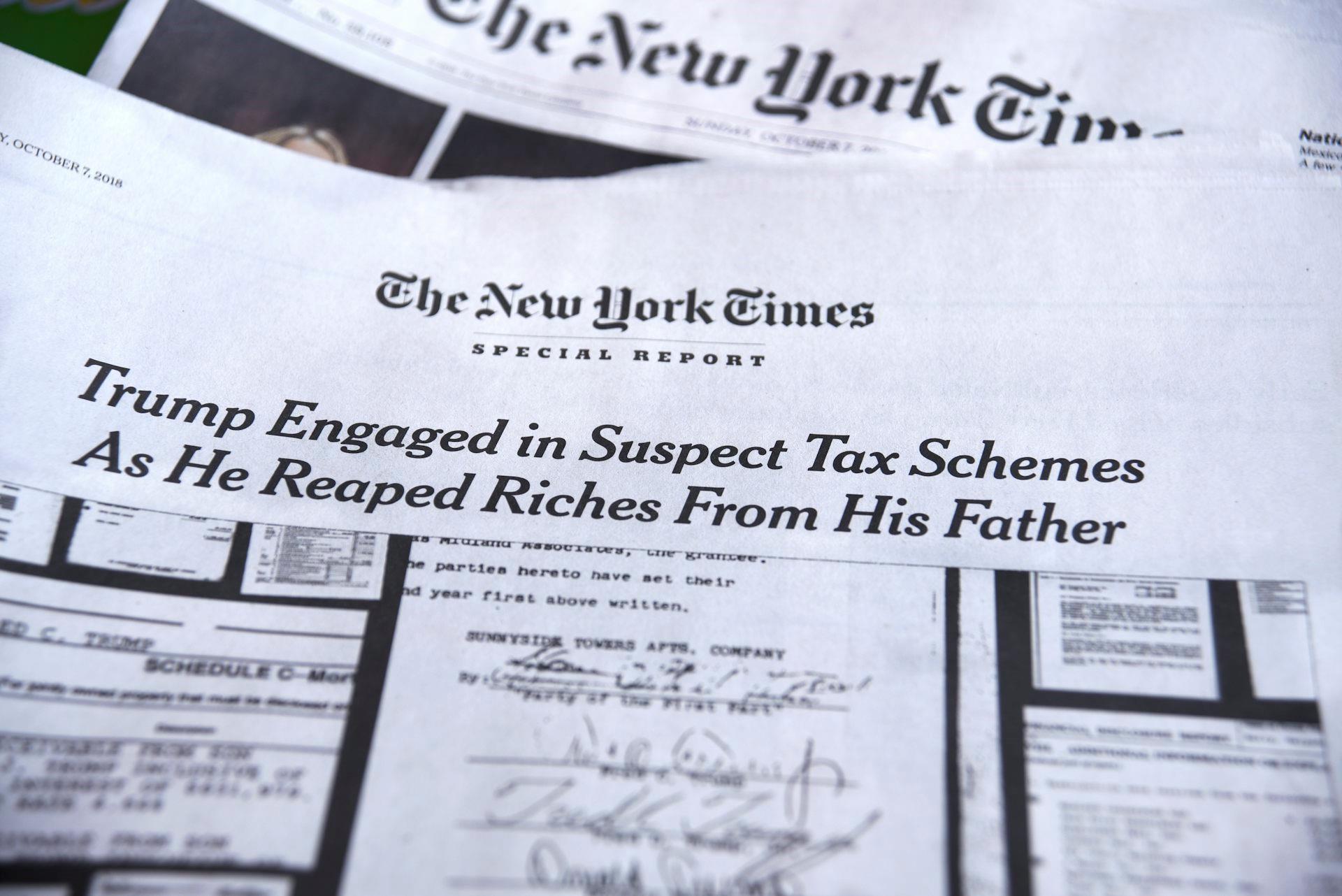
What's A Journalist To Do When The Facts Don't Matter?
But what happens when important, verified facts are published and broadcast widely, yet the resulting impact proves underwhelming – or even meaningless? If vital facts fail to affect the news audiences they intend to inform?
This is the conundrum facing American journalism after November 5, 2024.
As a former journalist , and a scholar of media effects history , I know from both my experience and my research that even the most ethical and accurate reporting can have limited impact. Too often, critics and scholars assume that providing what they perceive to be the“right” information, while carefully policing“misinformation,” can solve the informational challenges in democratic governance.
But reality is not that simple. Historical examples abound of American news consumers being presented with verified facts about controversial figures or events, only to have the excellent journalism have little to no effect.

The public had ample news coverage of Trump's actions over the years. Photo: Robert Alexander / Getty Images via The Conversation Bitter – and unfounded – complaints
In the run-up to the war in Iraq in 2003, for example, one newspaper chain distinguished itself with ethical, skeptical reporting on the reality of whether Iraq possessed weapons of mass destruction, as the Bush administration asserted.
Despite their careful and accurate approach, there's little evidence the reporters at Knight-Ridder convinced their bosses, their audiences or national politicians that their eventually vindicated framing of the issues was more accurate than the sensational and eventually largely discredited stories in The New York Times. In retrospect, the facts were ignored, and misinformation disastrously informed the citizenry.
The question of journalistic quality and its impact or influence in current events has again arisen due to the election of Donald Trump on November 5, 2024.
Numerous media critics and academics have argued that American journalism failed to sufficiently inform the citizenry of Trump's malfeasance and his clear and present danger to American constitutionalism and democracy.
Some bitterly complained that“the legacy media” were complicit in the“relentless normalization” of Trump's“extremism, madness and ugliness.” Others blamed Trump's victory on journalism's collective failure“to make a persuasive case for democracy” when confronted by Trump's“extreme, authoritarian agenda.”

Legal Disclaimer:
MENAFN provides the
information “as is” without warranty of any kind. We do not accept
any responsibility or liability for the accuracy, content, images,
videos, licenses, completeness, legality, or reliability of the information
contained in this article. If you have any complaints or copyright
issues related to this article, kindly contact the provider above.























Comments
No comment